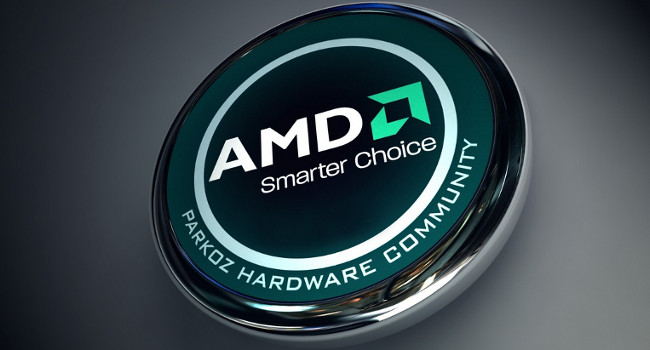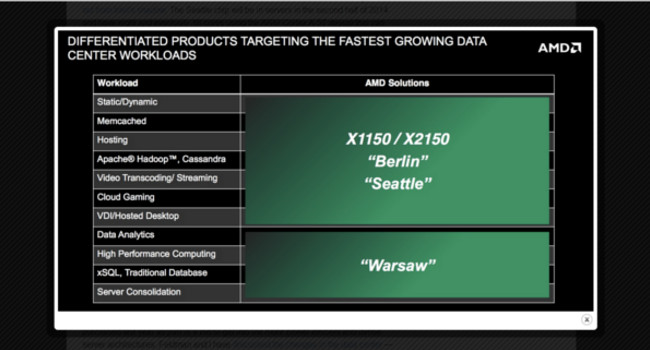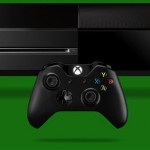Forget chatbots and robo-advisors, Absa just introduced an AI-powered digital clone of award-winning journalist Fifi Peters, and it’s rewriting the rules of what’s possible…
AMD debuts new mobile-friendly CPUs: ‘Warsaw,’ ‘Seattle’, ‘Berlin’


AMD has just announced a new “roadmap” of city-titled CPUs, which include an interesting move towards entering the smartphone and tablet markets. Chip supplier AMD (Advanced Micro Devices) is attempting to gain some ground in a market dominated by Intel. It’s a three-step process where we’ll be introduced to the aptly coined “Warsaw,” “Berlin” and “Seattle” chips.
ARM-based chips are engineered for reduced costs, heat and power usage which nicely fit tablet and smartphone designs. Seattle is hoping to “bring AMD out of Intel’s shadow,” and will only start releasing samples of the chip early next year. The official release date hopes to be late 2014.
Intel has been the top dog in the CPU market for the last few decades now. Recently, the company released a new lineup of chips — the fourth generation code-named Haswell and the Atom (aka Bay Trail). The latter is aimed at serving the ever-growing smartphone and tablet markets. This is where Seattle is setting its sights. Vice president of AMD Andrew Feldman predicts that by 2016 or 2017, ARM CPUs will have 20% of the server market.
First off, there’s the very powerful chip dubbed “Warsaw.” This, as reported by GigaOM, is a “more muscular core combining AMD’s graphics processing prowess with a CPU core.” The high-end chip will be aimed at the “traditional enterprise computing and high-performance-computing market.” It’s expected to compete with Intel’s expected “Ivy Bridge” Xeon processor rollout next year.
Furthermore, there are the less powerful X86 chip coined “Berlin” and the 64-bit ARM-based chip called “Seattle.” The ARM-based chip is the one worth keeping an eye out for. Berlin on the other hand, is believed to have double the performance of the existing Opteron X-series chips.

This new introduction of chips isn’t meant to sledgehammer the market dominated by Intel in one go though. Rather, it’s as Feldman says, for the long run a “big-company game.” He further notes that “one good chip is not enough; you need to get three or five in a row.”
Image via GigaOM

